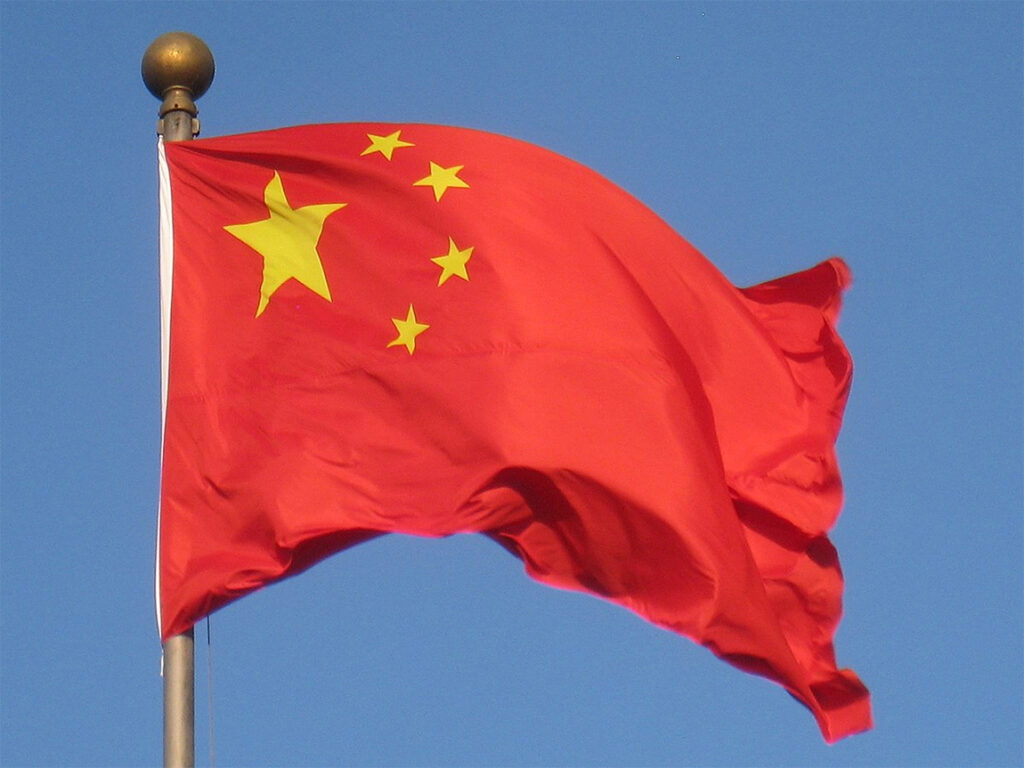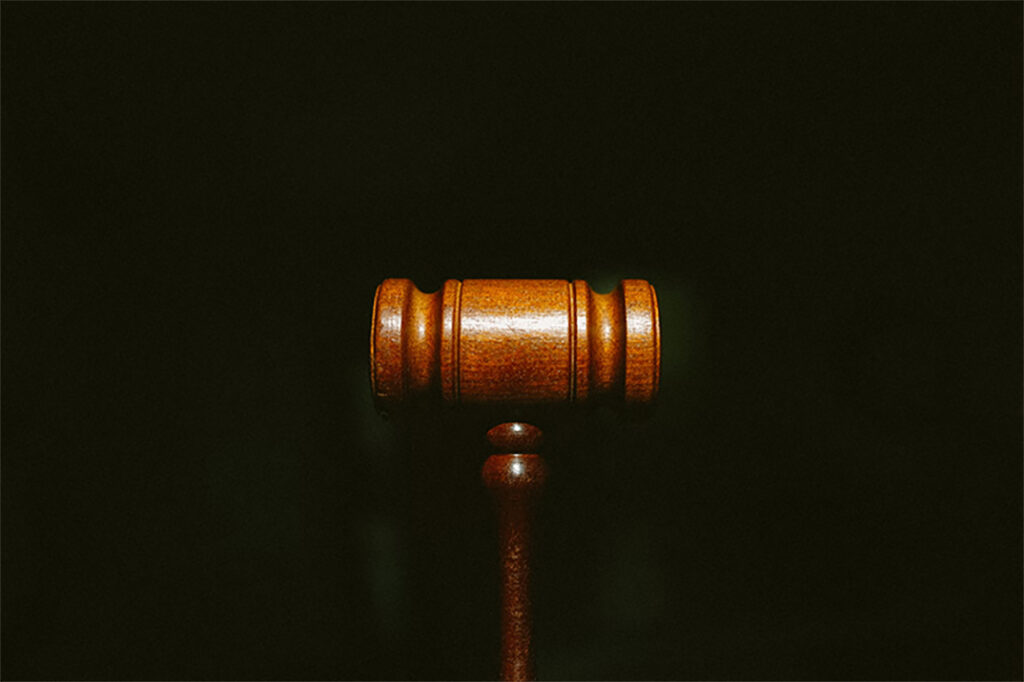Former Google Engineer Faces Charges Over AI Technology Theft Linked to Chinese Firms
Indicting Linwei Ding, a former Google developer, for stealing the company’s artificial intelligence technology reveals a complex web of legal, technological, and international relations issues. Ding’s detention highlights the delicate balance between innovation and intellectual property protection as technology becomes increasingly important in the global economy and security. More significantly, Chinese enterprises’ potential participation and questionable adherence to international norms would shed light on the complex, sometimes clandestine fight for technical dominance, cyber-espionage, and trade secrets in this fast-paced high-tech area. In a world where corporate espionage and national security are becoming increasingly blurred, AI dominance rivals time.
The Arrest and Charges: Linwei Ding’s Alleged Trade Secret Theft

It was announced Wednesday that Linwei Ding, a former Google software engineer, had been arrested earlier this month and charged with stealing trade secrets related to Google’s self-driving car technology. The agency said a 20-year-old Chinese national was arrested in Newark, California, on charges of a federal law violation involving theft of trade secrets. Each of the four carried possible sentences of up to 10 years in prison. The stark development has, perhaps, once again, put front and center the seriousness with which the tech industry is taking the case of intellectual property theft, particularly for advanced and competitive fields like artificial intelligence.
The Role of Chinese Companies: Ding’s Secret Work Overseas

Central to the case against him are his involvement with two companies based in China. He worked with Google, while the charges are, at the same time he was serving the Chinese firms—a thing against company regulations and most likely U.S. law. The specific role Ding played in these companies is under scrutiny, but his actions have raised questions on the intersection of international business with the security of trade secrets, most notably in rapidly developing technologies of AI.
Responses and Implications: Google and FBI’s Stand on the Case
Following the arrest of Ding, the FBI and Google were very outspoken. Google revealed a breach of their strong shields to maintain secret information and trade secrets. They emphasized the swift actions taken upon discovering the theft, including referring the case to law enforcement. However, FBI Director Christopher Wray, in his turn, indicated to broader implications to be borne in mind in such incidents. And it means that there could be potential consequences for economic and national security if entities associated with foreign nations, especially China, were to conduct technology and trade secret theft.
Investigation Insights: Unveiling the Extent of the Espionage
Ding’s probable espionage was uncovered after thorough investigations. According to a federal grand jury indictment, two years after joining Google in 2019, Ding transferred hundreds of confidential documents to a personal cloud account. However, Google’s internal security video and network activity records enabled him to trace illegal activities. Time-bound evidence included assertions that he was overseas when supposed to be in the United States. This data forced Google to disable his network connection and lock his laptop, exposing his substantial illegal uploads.
Trade secret theft accusations against the former Google engineer demonstrate how tough intellectual property protection is in the digital age. It demonstrates how companies must strike a balance between open innovation and preserving their most valuable assets, such as artificial intelligence. As global conflicts rage over technological dominance, this episode exemplifies the intricate dance of corporate security, international law, and rapid technological advancement. This scenario is likely to reoccur as governments and large corporations grapple with rapid technology advancement and ongoing competition for dominance.
